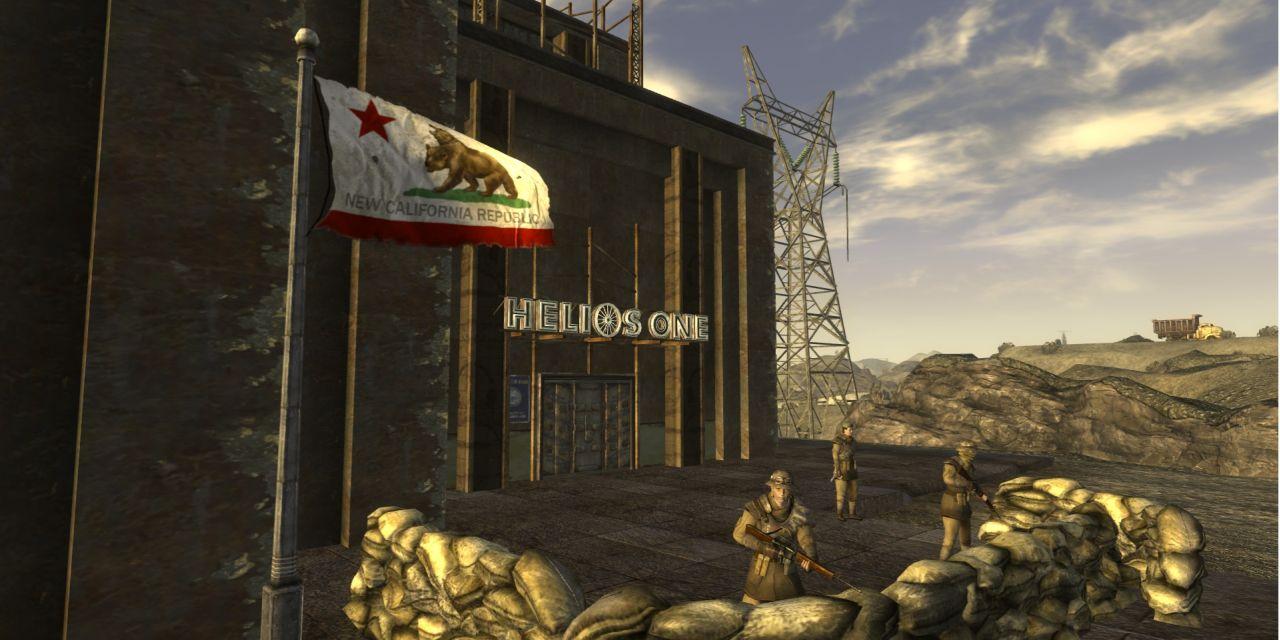

As Fallout: New Vegas production approached its end, it became apparent that players won't be able to continue playing the game past its ending. The game's director Josh Sawyer explained the reasons behind this decision.
"We put a lot of effort into the ending slides -- we know those slides are really popular with people so we want to make sure there's a huge amount of variety and reactivity with that stuff," he explained. "We weren't really focused on new features so much as to add a really rich sense of reactivity to the players and the choices they make."
"We want to make it a definitive ending. Initially, we talked about trying to support post-game play, but because the changes that can happen at the end of the game are pretty major, this is what it basically came down to: either have the changes feel really major in the end slides and then have them not be very major after the end of the game, or make them really minor and not that impactful. And we feel it's better to say, 'you know what, we're just going to end the game, and the changes you made can be minor or really really big, but because we can't script all the changes to the Wasteland to let you keep playing, we're just going to stop it there.' But we do let the player know when that's about to happen-- a sort of, 'the end of the game is coming, so we're saving your game right now, so if you want to keep your game going, you can, otherwise, it's about to be over.'"
Sawyer also noted that while Fallout: New Vegas is about the same physical size as Fallout 3, it has much more quest content.
